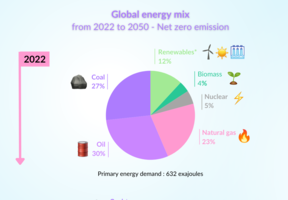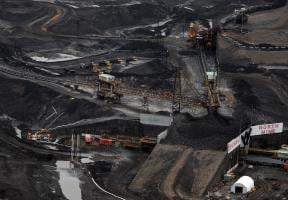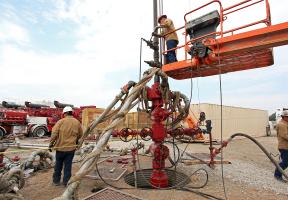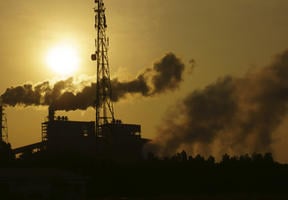The Geopolitics of Oil and Gas
Published on 09.16.201515 min read

© THINKSTOCK - Seen from the Pacific Ocean, the world map shows the 21st century's two superpowers: the Unites States and China.
The world order is changing as factors such as China's rise, the U.S. revolution and the growing importance of climate change in international relations rewrite the geopolitics of energy and shift the global balance of . This is just the latest twist in an already long saga in which energy issues intertwine with politics and war.
Explore
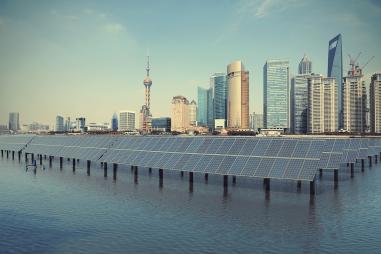
Redrawing the Map of the Energy World
Energy plays a unique role on the world stage, guaranteeing military strength, economic development, transportation of people and goods, and social well-being. The price of energy, and oil and gas in particular, is set by the global interplay of supply and demand. For many oil and gas producing nations, it has become such a vital part of their economy that it wields a decisive influence on politics. And in recent decades, people worldwide have woken up to the fact that energy also impacts another key issue: climate change.
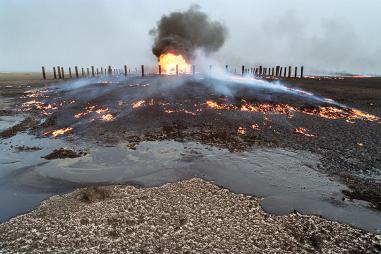
Forty Years of Oil and Gas Geopolitics
The oil and gas markets are intrinsically linked to political and military developments worldwide, with trends influenced by such events as the wars in the Middle East, the Asian and subprime crises and political upheaval in oil and gas producing regions. The major milestones from 1973 to today are described below.
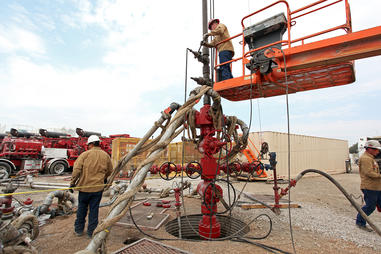
United States: The World’s Leading Oil and Gas Producer
The U.S. shale “revolution”, which began in the early 2000s, has seen the country become the leading producer of oil and gas in the world and an exporter of both resources, reducing its reliance on countries in the Middle East and strengthening its geopolitical position.

